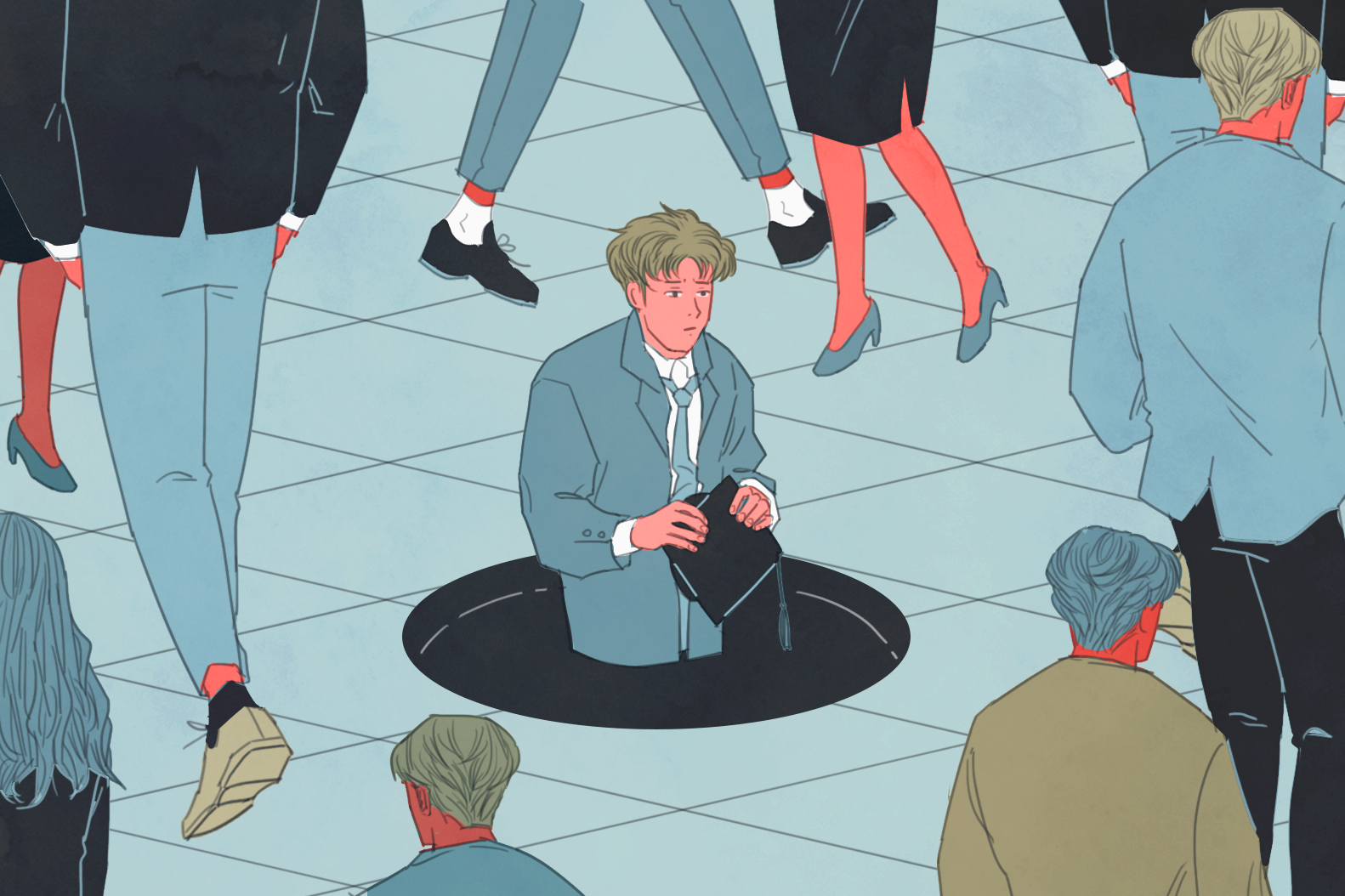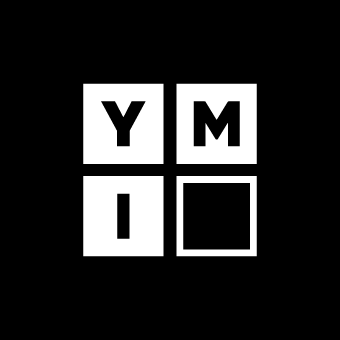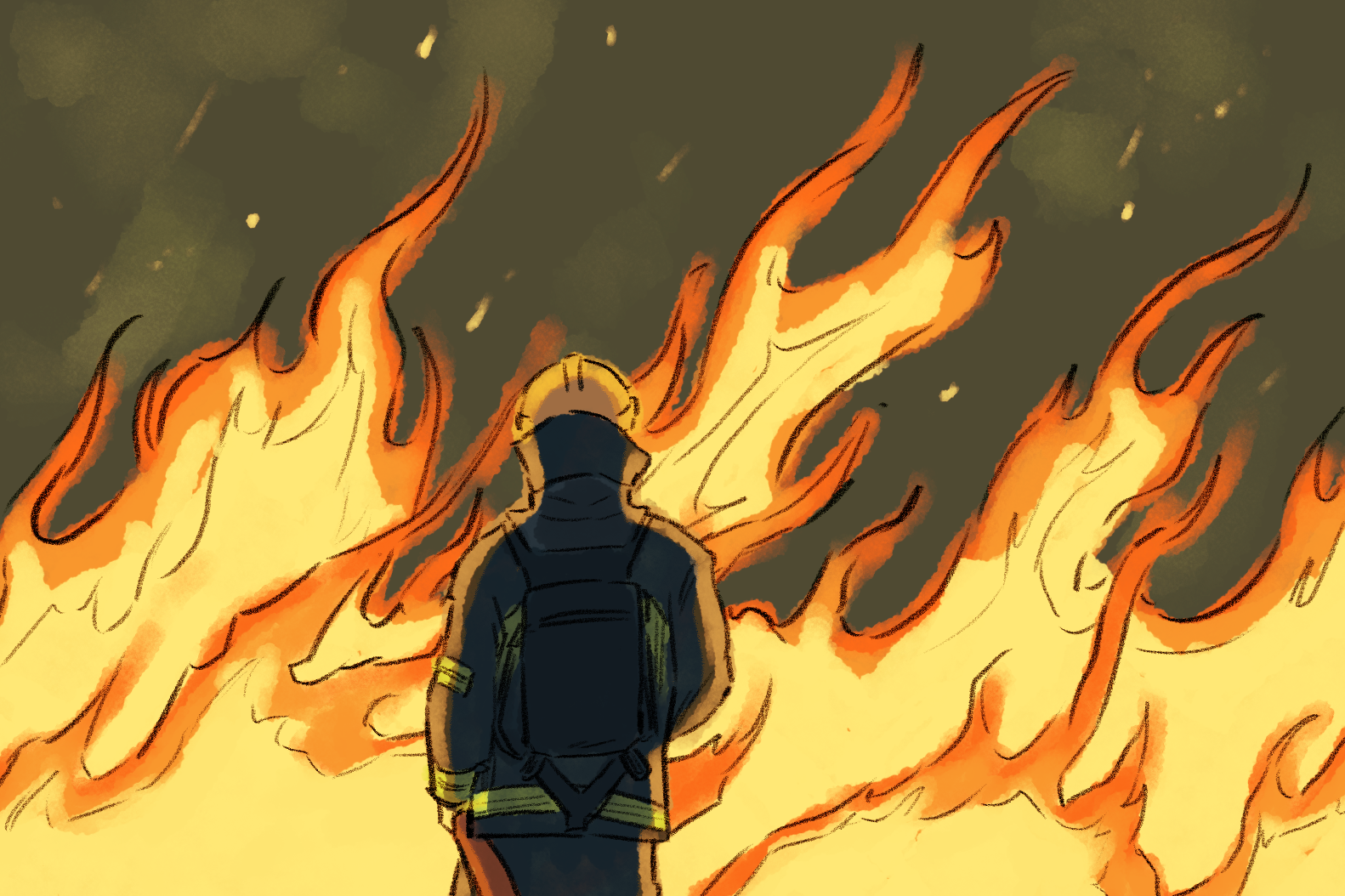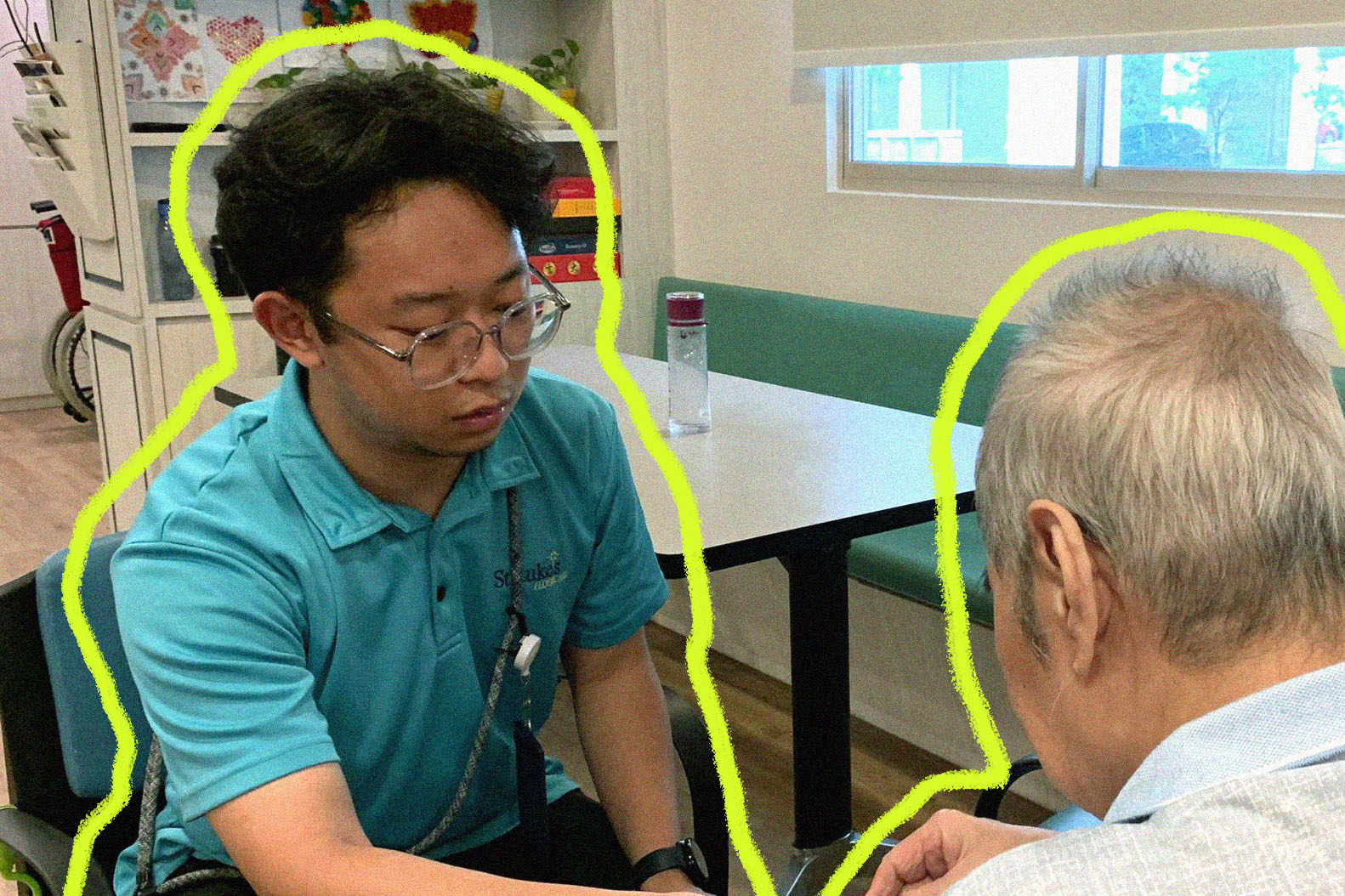“So, what do you do?”
“Umm… I graduated recently and… umm… I work part-time at a restaurant and do some photography on the side.”
“Oh, that’s great! Do you get free food at the restaurant?”
“Yeah, I do…”
Sounds like the briefest and the most ordinary conversation, right?
But to me, this always feels like a long nightmare of a conversation to avoid at all costs.
“What do you do?” is probably the most asked question after, “What’s your name?”
But what do you say when you are not proud of what you do or when you feel like you don’t do much?
For me, I’ve resorted to meeting fewer people and avoid asking them about their jobs, in the hopes that they’ll do the same.
I graduated with a master’s degree in publishing and communications a few months ago.
After not being able to land a job in my field of study, I resorted to working at a restaurant to support myself while looking for a “proper” job.
I also get a few photography gigs every now and then, though most are unpaid.
Multiple cover letters and rejections later, I stopped the job hunt for a while. I didn’t have much to offer anymore, and I had reached a terrible place mentally and emotionally.
All my friends were working 9-to-5 jobs. I was the only one living this unconventional life of holding a master’s degree and working part-time at a restaurant.
It’s hard not to feel left behind.
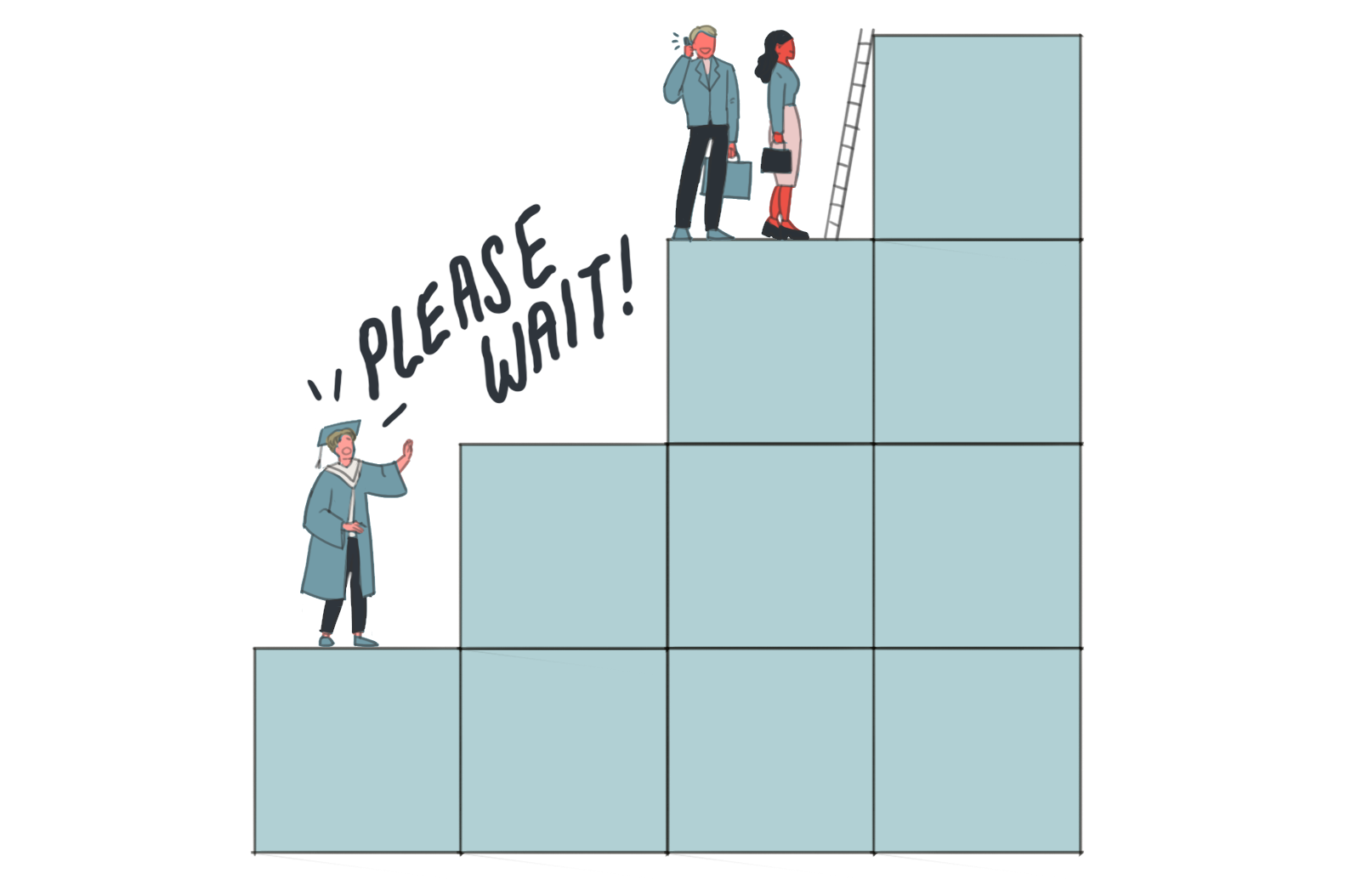
Everyone around me knew what season of life I was in, yet instead of feeling well-supported and less lonely, I felt naked. It felt like they could see a very vulnerable part of me.
Being quite a private person, I was not comfortable with how they could witness all the rejections I was going through, I feared they judged how little progress I was actually making. And I also became tired of being asked questions I didn’t have answers to.
Thankfully, my family had more faith than I did. Some days, it was their faith and hope that kept me going, but most days I felt like I was disappointing them.
… it’s through such seasons that we learn the most about our faith and go through character building.
I saw myself as a failure and couldn’t help but think that’s how my family saw me too. It was an ongoing battle to tell myself my family will never think of me like that.
Yet it’s through such seasons that we learn the most about our faith and go through character building.
Amidst many anxiety-riddled days, I came to learn some key truths about myself, God and people.
1. My identity is based on who I am, not what I do
Being haunted by the question of what I do made me realise how closely my identity was tied to what I do, and somehow the only “do” that mattered was what I did for a living.
It was easier to say that my identity is in Christ alone when I was a student. But to say that when I didn’t have much going on, as a supposed working adult, was extremely difficult.
Can I really say God is enough when I have nothing else left? The honest answer was no.
The reality was, I needed God, but always in conjunction with other things.
Despite all my flaws, Jesus loved me so much that He thought I was “enough” to die for. And yet I couldn’t feel the same.
This painful realisation humbled me. It made me want to kneel down and ask God to remind me every day that my identity is solely in Him and nothing else.
I know everything else in this world comes and goes, but it is His love for me that will always remain.
2. He remains the same even when I change
Even as my feelings and thoughts about my identity kept shifting, God has always remained the same, reminding me that He is still my God.
On days when I didn’t have the heart to talk to my family or friends about what I was feeling, I would pen my thoughts in my journal.
He patiently and kindly listened to me ramble about how little and humiliated I felt to be where I was in life.
As I poured out my woes, He comforted me and continually reassured me in His ways.
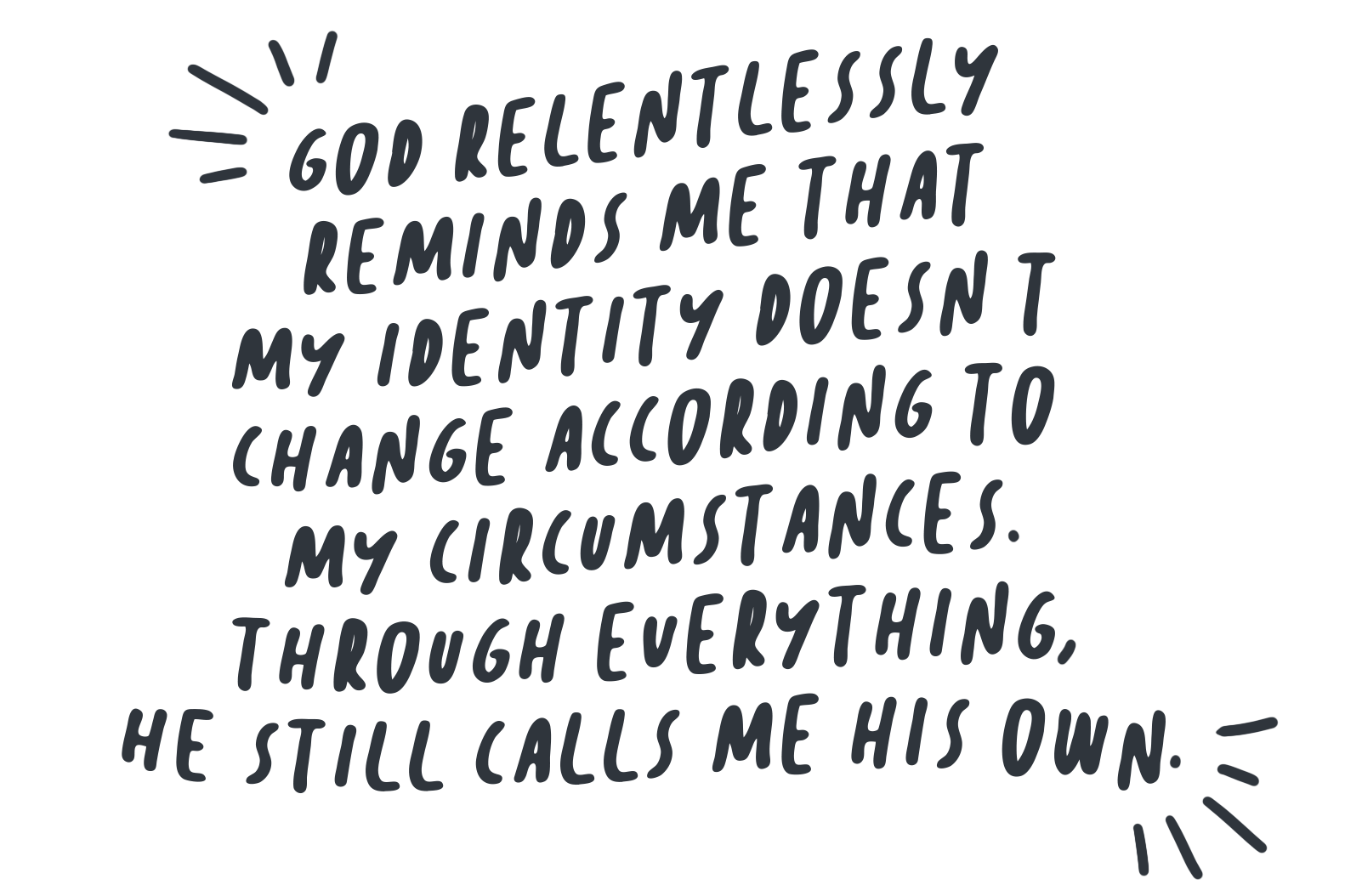
At the time I was reading through Job for my daily devotion.
Contrary to what I had learned in Sunday school, Job was not only someone who trusted God in the midst of his sufferings, but he actually also grumbled and doubted God.
From Job 3 onwards, we see him going down a spiral, wishing he was never born (Job 3:11).
Even though he ultimately arrived at the realisation that nothing compares to God’s greatness, he didn’t always feel that way.
What encouraged me was seeing how Job directed all his worries and frustrations to God, even complaining to God about God Himself!
The book of Job (especially the last few chapters where God gives Job a list of all the things He does!) taught me that God is much greater than what I know or can imagine.
And yet it also showed me that as long as I am alive, I have His breath (Job 27:3), and therefore, I am His and will always be cared for.
3. You are not always who you think you are
Although I had been trying my best to avoid people, a turning point in all this actually came through because of people.
After a while, I began to recognise a pattern in people’s responses whenever I told them about my unconventional career. Most of them actually thought it was admirable that I was working towards my passion for photography.
Some even said they were envious of me, and that they would have liked to work part-time and support their long-lost dream.
While I don’t see my life as something to be envious of — the instability and uncertainty is not fun — it was eye-opening to see how differently people viewed my life.
When I saw myself as being stuck, others saw it as liberating.
As God continued to give me encounters with such people, it slowly changed the way I saw my situation.
One day when I went for some retail therapy, I overheard some staff members chatting amongst themselves while I was trying on different shirts.
They were proudly talking about their respective careers in the creative industry, while working part-time at that retail store. I remember thinking to myself, “That’s me!”, except I was not all that proud of what I do.
Something changed in me that day, and I think that was when I started to embrace my unconventional life.
Since then, I’ve realised that working in a restaurant wasn’t all that bad. For one, not having to stick to a 9-to-5 work schedule meant I had enough time and energy to pour into photography.
I started looking for different avenues to practise and eventually did it enough to call myself a “freelance photographer”, a title I didn’t think I deserved earlier.
Though I’m not quite there yet, I am on the way to working in a space where I can use the skills I picked up from my degree while also doing photography. I am on the way to being a visual storyteller, if you will!
As much as I wish I could say that I’m in a completely different season now and I’ve learned and moved past everything I’ve shared so far, that’s not true.
I still question the choices I make. I still feel a little anxious whenever I’m asked what I do. I am still uncertain of where I’m at right now and of what lies ahead.
But since I can’t look ahead and know what’s to come, I look back at how far God has brought me. He tells me that I am right on time because I run on His time, and not mine. He relentlessly reminds me that my identity doesn’t change according to my circumstances.
Through everything, He still calls me His own.
A few days ago, I was flipping through my journal to read through what I wrote a few months back when I was at my lowest.
On 26 December last year, I wrote “Why don’t you work in my life the conventional way?”
I didn’t get an answer then or maybe I didn’t wait for an answer.
But I now know: My job may be unconventional by society’s standards, but there is also nothing conventional about my God and my identity in Him.
This article was first published on YMI and is republished with permission.
- What does the Bible have to say about work?
- If you are unemployed, how does that challenge or transform the way you view your current season?
- Do you know someone who’s unemployed and feeling down because of it?
- How can you be an encouragement to them this week?


